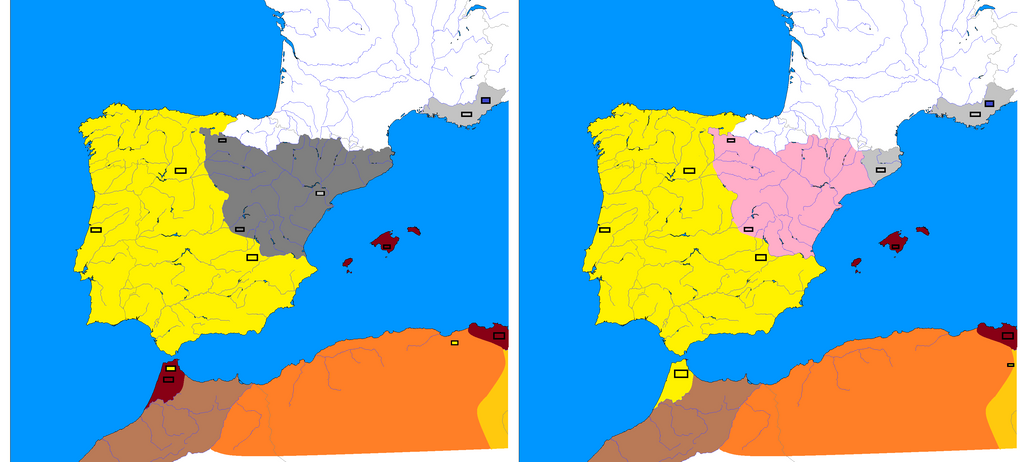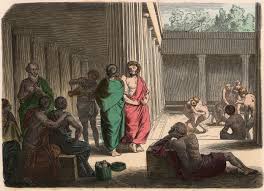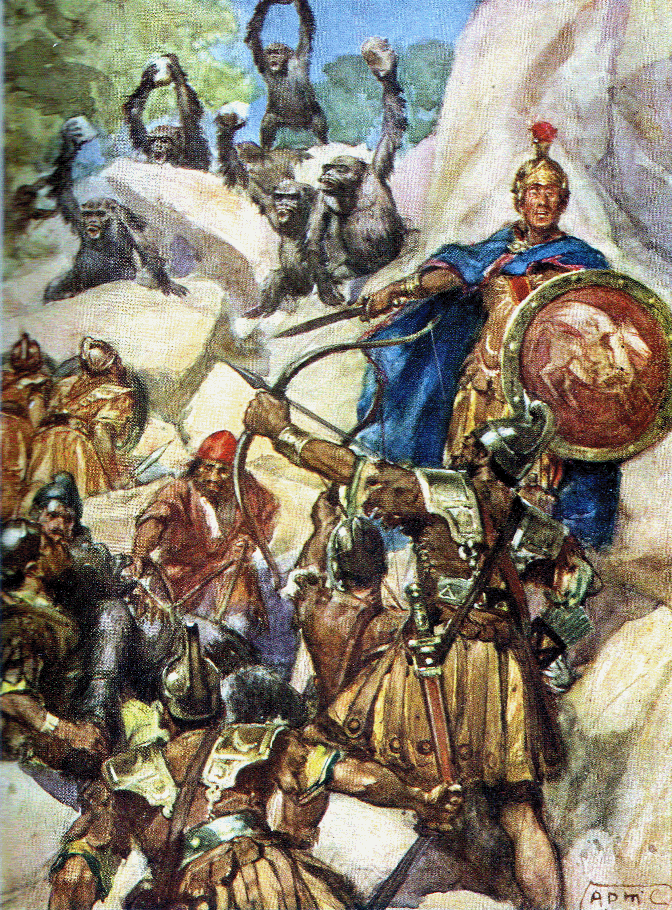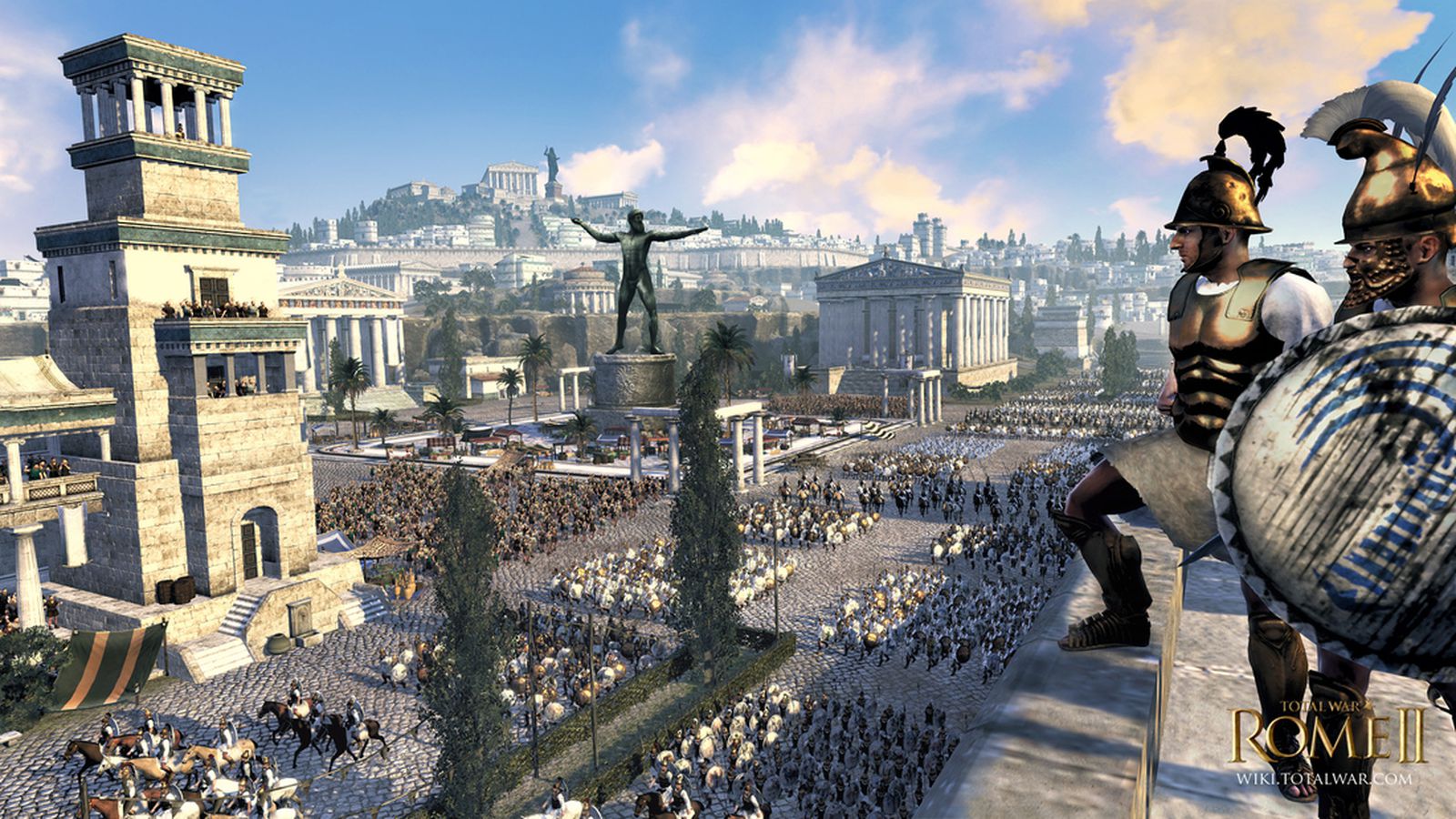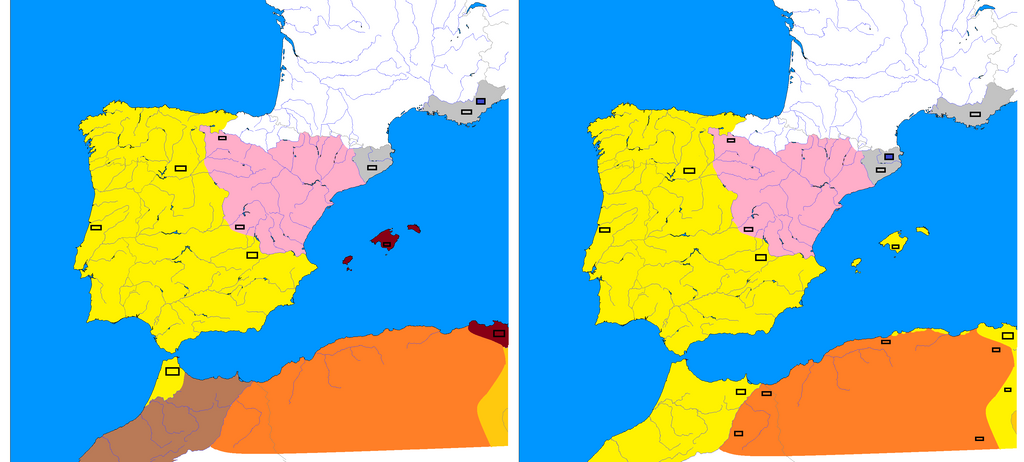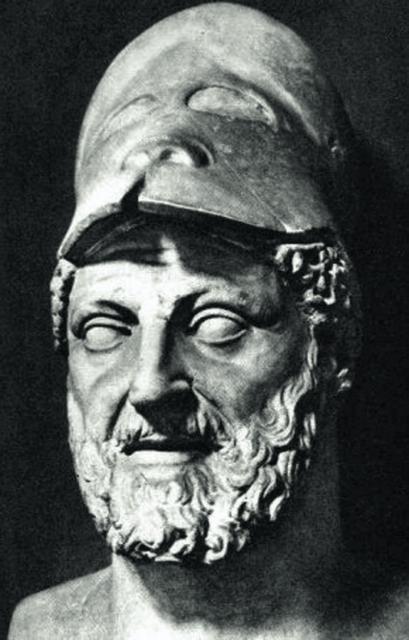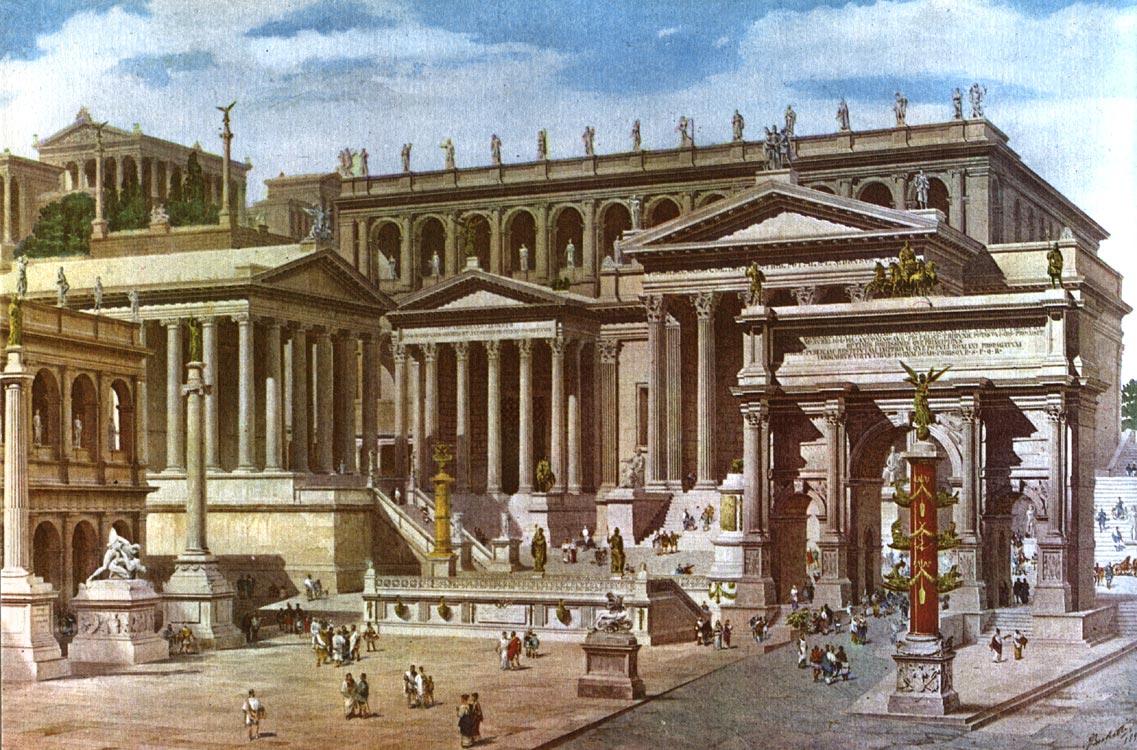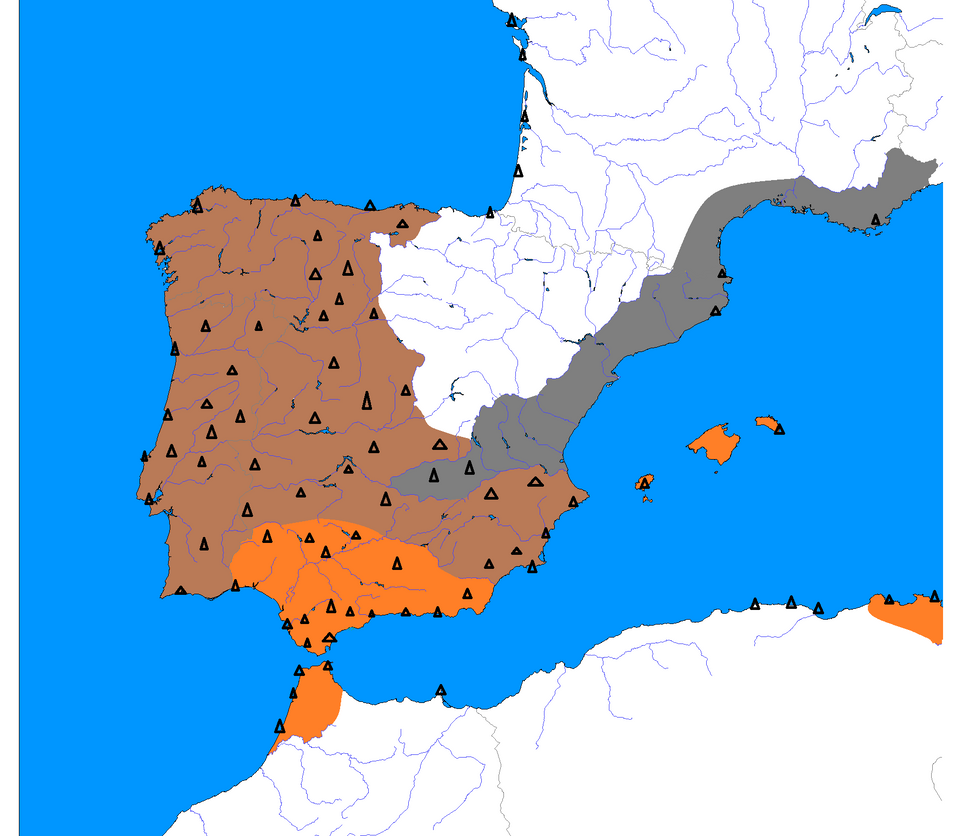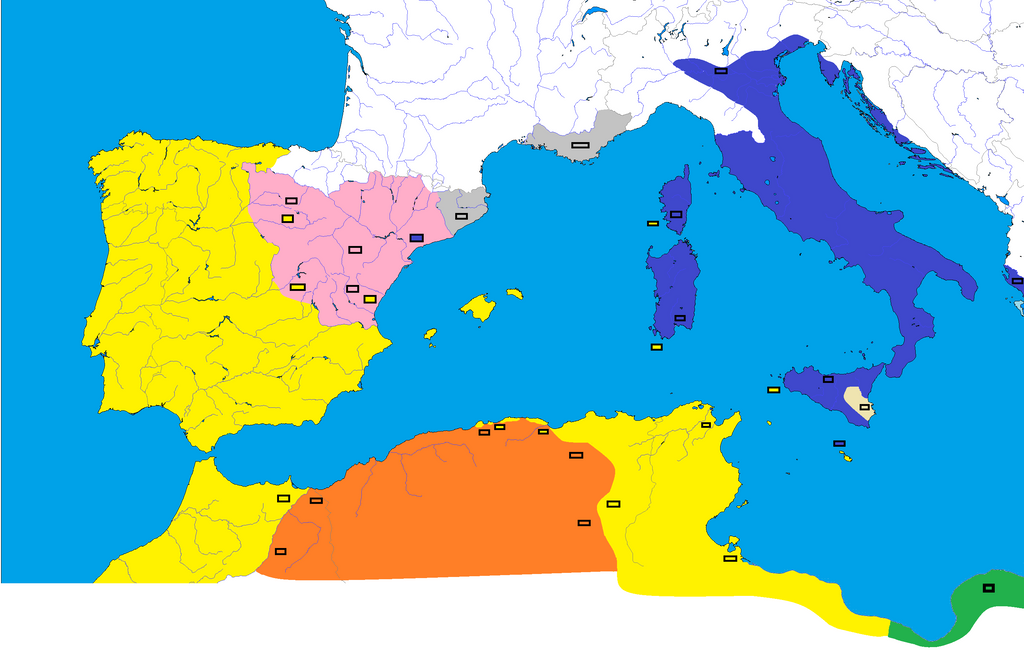Chapter 13: Macedonia and Hellas, the beginning Hegemony War
By the end of the summer, Macedons Ally Achaea was near collapse. Philip the V, meanwhile was marching down the coast west of Aetolia, starting from Epirus and ending in Calydon, where he received news of a pending invasion to Macedon. He returned to his homeland, but the invasion never took place. The news of Hannibals victories and conquests in Spain arrived and Philip hoped to have similar results in his war for Hegemony over Hellas before the Romans could interfere any further than they had already done in Illyria, Eoidamnus and Apollonia.
In the winter of 219-218 BC Philip secretly took his army to Corinth, and from there down to southern Elis, winning victory after victory against the surprised Eleans, and he retook Phigalea. He then moved back up through Achaea and from there made a campaign against northern Elis and was met with similar success. That summer, he took a fleet to Aetolia and devastated the city of Thermum, in the middle of Aetolian land, and then retreated back westward to land he had previously conquered in the summer of 219 BC. From there he sailed back to Corinth and marched to Sparta, where he made many successful raids before returning to Corinth to deal with soldiers dissatisfied with the low yields of plunder. After a failed attempt at a peace conference, Philip returned home for the winter of 218-217 BC.
In the summer of 217 BC, Aratus managed to provide some new organization of Achaea that enabled them to hold off Elean raids. At the same time Philip V took the city of Thebes in Phthiotic Achaea, but was forced to leave in order to deal with dissatisfied Illyrians who wanted more spoils of war.
(map showing the roman west coast of Hellas, the Kingdom of Macedon, Epirus in light green, Aetolian League in pink, Boetia in blue, Achaea League in brown, Sparta in red, the Kingdom of Pergamum in dark green, the Selucid Kingdom in yellow, the Possessions of Lagides in pink and the last colour are the independent states and cities. The circles show either an alliance to Macedon or Aetolia)
Hesperia/Iberia:
In the last land of the west Hannibal had used his previous victories, to ensure that the Iberian League, even if opposing his full rule over Hesperia would stay neutral, while he prepared for his campaign in Africa. Had his father accepted the river of Segura (not the Ebro) as his zone of influence in Iberia and not promised to cross it Hannibal now offered the Iberian League the river Sucro as the boarder he would not cross in Iberia. The Iberian League accepted these terms and Rome was also pleased. Still the Roman delegation hoped for peace between Carthage and Carthago Nova and strongly opposed any move Hannibal would do against the Iberian League and Africa itself. While the first term was acceptable Hannibal could not tolerate raids from Carthage against his coast or trade routes and the threat the western Carthaginian cities posed for his state. While the Júcar treaty allowed him to call out for the Iberian League to contain and stop boarder raids from tribes like the Celtiberi to secure peace between both powers.
That gave Hannibal peace for his campaign in Africa and the tribunes, trade, leases and taxes flowing to Carthago Nova allowed him to build banks and modern buildings in a rapidly growing capital city with a good and secure natural harbor. Clearly the Carthaginian fleets and Armies in the Baleares and near Tingis posed a continuing thread to Hannibals plans. As rumors arrived in Carthage, that Hannibal was building two strong fleets, the Carthaginians wanted to stop him, before he could engage them at sea, like the Romans did in the Punic War (or Roman War). Hanno the great ordered his fleet in Tingis to march north and attack Hannibals fleet before it was finished. His army and fleet in the Baleares receive the orders to attack Carthago Nova if that was possible without endangering the possession of the just recaptured Baleares themselves.
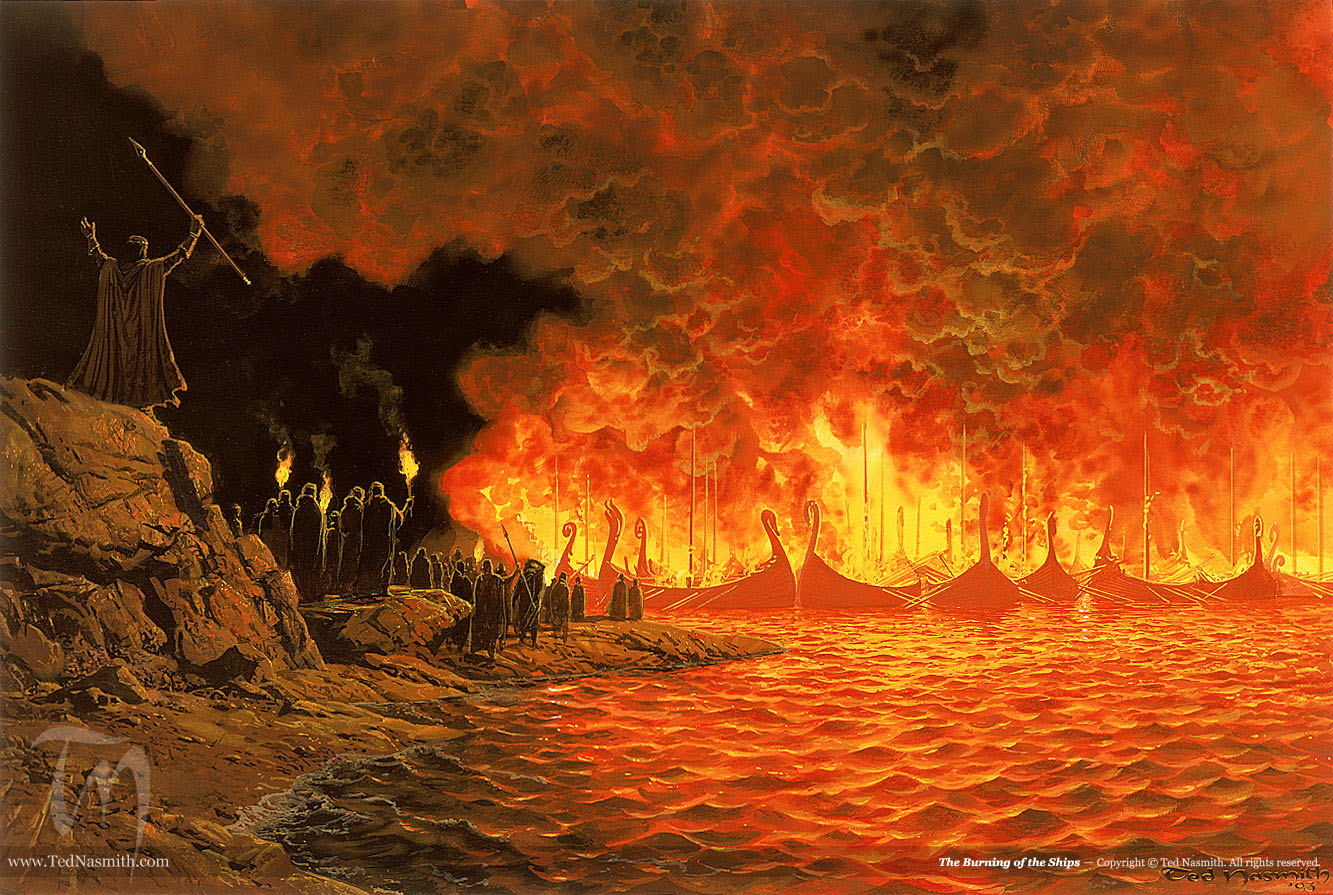
His fleet arrived on the coast of the city Olisipo, where Hannibal had gathered his fleet build by the Lusitanian, Gallaeci and smaller coastal tribes. The carthaginian admiral was surprised to sea that Hannibal, the great tactician and strategist like the Iberian called him had only build a few galleys and warships, that were still on land in the city, while most of his fleet at sea was composed of smaller trade ships and similar types. He attached the great fleet of small ships to enable Hannibals ability to land in Africa. It was one of the easiest battles he had ever fought, soon many of the Carthago Novanian ships where in flames, but there formation was holding. It was then, as they arrived in boarding distance, that he could see what really was going on. The ships of Hannibal where merely manned with a few sailors and those jumped in the water to swim to the coast as they get nearer to the Carthaginian fleet. Hannibal's small ships were all connected by chains and now that the Carthaginian commander saw that rather their own crew set them on fire instead of his attacks he could sea the trap that he stepped into. But it was too late, the burning fleet caused a panic in his own fleet some ships turned around, some were pinned against each other. Every Carthaginian sailor and soldier stuck on such a ship jumped in the cold sea, hoping to swim to safety instead of burning on his ship. The commander managed to reach the coast, where Carthaginian ally and confederate troops took them prisoner. Only a few Carthaginian ships survived and were undamaged enough not to get captured, but to sail back to Tingis. Now it begins to dawn on the fleet Commander; Hannibal was long gone to attack Africa itself, the fleet was just a trap for his fleet that could have stopped Hannibal's invasion.
With his faster troops (mostly cavallery) Hannibal had indeed reached the Pillars of Hercules, combined them with a part of Hasdrubal's army and did something even his brother, as well as Maharbal in Tingis and many other called either madness or genius. In the beginning autumn/fall before the season for war was totally over, the Romans could arrive in Hesperia, or Hanno the Great could finish of his ally Massylii totally. Hannibal used the army of his brother Hasdrubal to build enough rafts to cross the Pillars of Hercules at the smallest point with his full army, including cavalry and elephants, gave the command and protection over all of Hesperia Megalos to Hasdrubal and ordered Mago with his most fastest troops (few infantry, mostly cavalry and ships) to land in Numidia and to help Massylii by combining their troops before winter arrived. It wouldn't be enough, but it should hold Hanno of long enough before the new year and by than the situation in Africa would have dramatically changed.
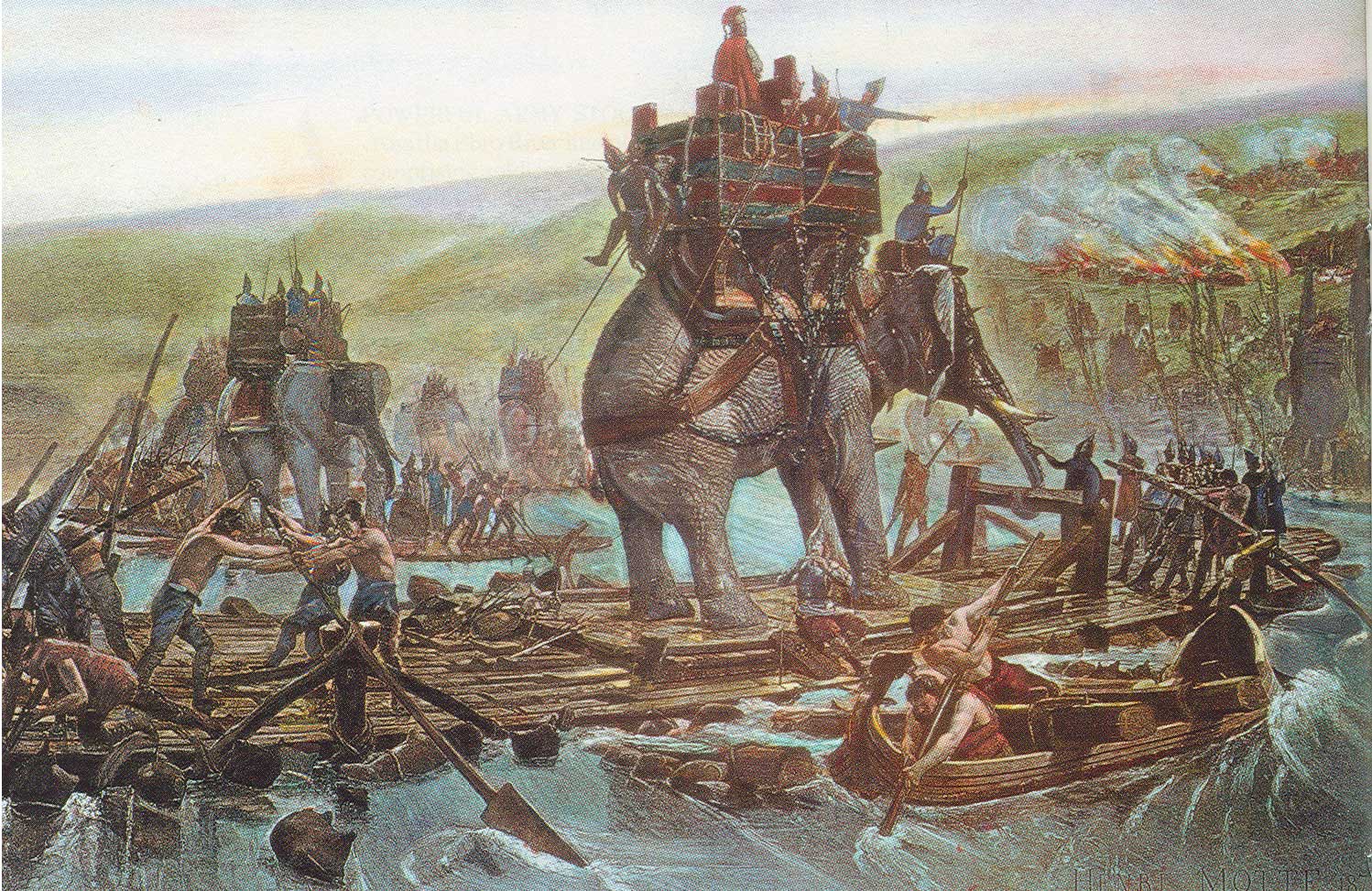
In the meantime the roman army had arrived in Messilia and their strength together prepared their diplomats managed to convince the trading town to stop any form of support and supply for General Xanthippos, his Army and the Iberian League. For that Messilia was allowed to annex the territories around the Greek cities of Rhode and Emporion directly and form a defensive alliance with Rome. Xanthippos without further the support from Messilia agreed and Messilia gained a major dominance of the northeastern trade in Iberia. Their influence over the Iberian League transferred back to Rome, but there trade influence and territory thanks to the treat of Emporion with Rome was now greater than ever in Iberia.
In the meantime Mago had arrived with his fastest troops at the court of Massinissa the numidian King of the Massylii and offered him his troops and his command in honor of their alliance with Carthago Nova before winter arrived. Together they planned the defense of the Carthaginian attacks on Sufetula, Theveste, Madaurus and Cirta. While it hurt Mago like Hannibal to fight his Phoenicians, and Liby-Phoenicians brothers, he knew that the traitor Hanno the Great that had split the Carthagian Senate and state had to be stopped at all cost if they ever hoped to reunite both Phoenicians states and all their former land under one senate and Shophet ever again.




